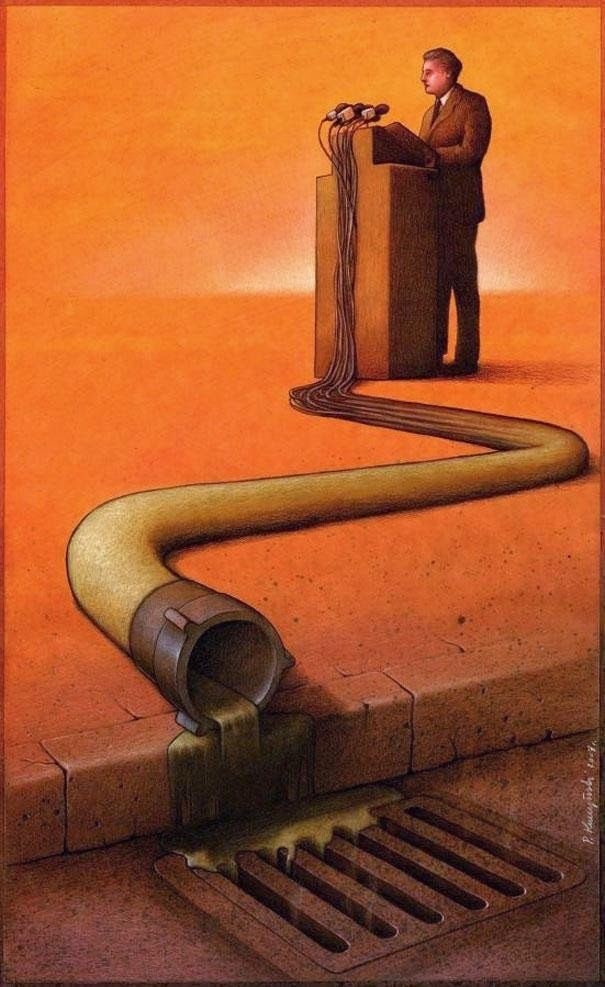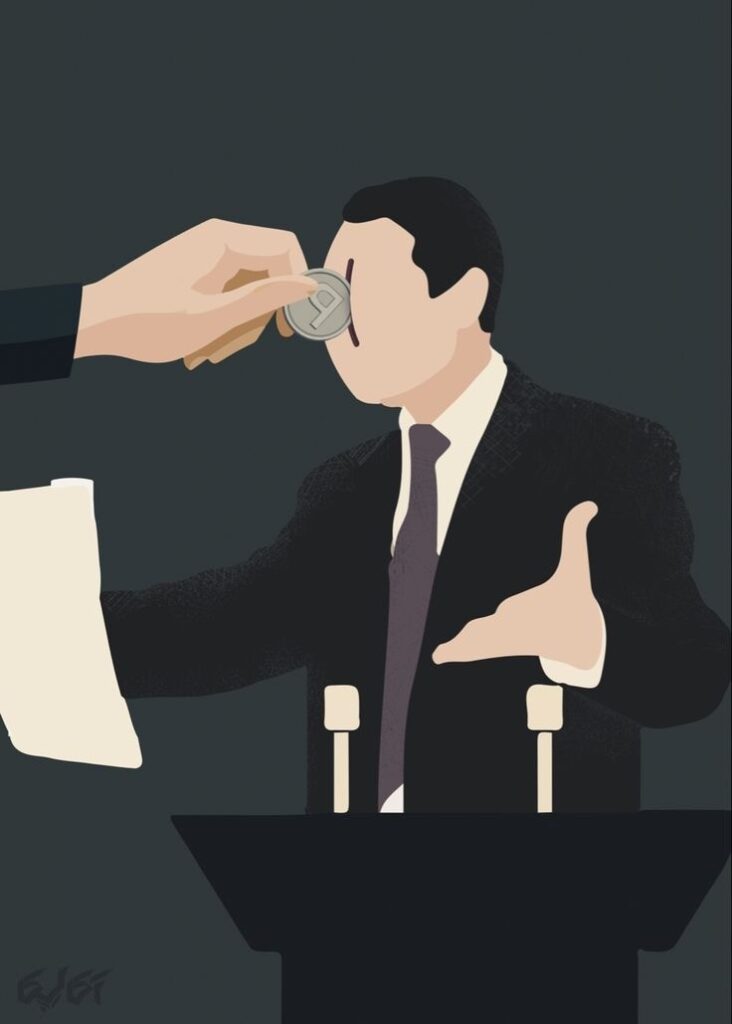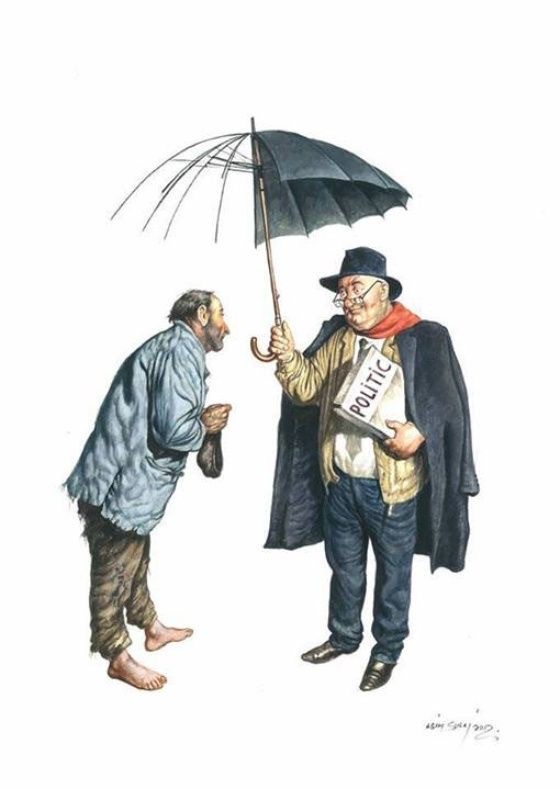Political satire has historically served as a potent instrument for expressing dissent, scrutinising government policies, and moulding public sentiment. In Nigeria, a nation marked by a complex history of political unrest and cultural diversity, political satire assumes a crucial role in influencing how the public views political matters.
Satire serves as an essential avenue for both expression and critique. Consequently, in nations where freedom of speech faces restrictions, satire can emerge as an even more influential means of addressing political misdeeds indirectly, without explicitly mentioning them.
Pre-colonial indigenous societies used song, dance, and storytelling to mock repressive rulers and societal injustices, beginning Nigeria’s heritage of political satire. However, during British colonial administration, satire underwent a dramatic change as a form of opposition to foreign hegemony. Political satire has thrived ever since Nigeria gained independence in 1960 amid the country’s vibrant media environment.

One of the main purposes of political satire is to portray the absurdity and realities of Nigeria’s political system. It frequently depicts the errors of politicians, corruption scandals, and policy failures through comedic shows, drawings, and satirical essays. By doing this, satire serves as a type of social commentary and raises residents’ awareness of issues affecting their country.
Political humour has a tremendous impact on how the public perceives issues. Satire efficiently explains complex political topics to a wide audience with deft humour and wit. Due to their ability to engage the public in political discourse, satirical television programmes like “The Other News” and satirical periodicals like “The Daily Wit” have become increasingly popular. They encourage critical thinking and spark discussions on important topics by amusingly presenting facts.
Political satire encourages civic involvement in Nigeria. It exhorts people to challenge conventional wisdom, hold authorities accountable, and take an active part in the political process. As a result, they are better able to make informed voting decisions during elections. Satirical content frequently inspires viewers to explore and better comprehend political problems.

Political comedy in Nigeria has many benefits, but it also faces difficulties and problems. Politicians who believe they are being used as targets for comic portrayals occasionally push back against satirists and threaten them with legal action. Discussions on the limitations of freedom of expression across the country have been prompted by the thin line between satire and slander.
The popularity of social media has changed the audience for political satire in Nigeria as well as its impact. Humorous content can spread quickly and reach a worldwide audience. Satire has become a more effective tool for influencing public opinion and advancing societal change as a result of this amplified influence.

Political satire is a powerful force in Nigeria, shaping public opinion, fostering civic engagement, and placing accountability on authorities. Its path has progressed from indigenous origins to become an essential component of the country’s media landscape. The ability of humour to reflect political truths and provoke critical thought endures as a strong driving force in Nigeria’s path towards democracy, despite obstacles.
By illuminating the foibles and achievements within Nigerian politics, political satire aids citizens in navigating the intricacies of their democracy, thereby fostering a more knowledgeable and involved electorate. As Nigeria continues to wrestle with political difficulties, satire unquestionably remains a pivotal player in influencing the trajectory of the nation’s future.
Sources
- https://study.com/learn/lesson/political-satire-overview-examples.html#:~:text=Importance%20of%20Political%20Satire&text=Dating%20all%20the%20way%20back,without%20speaking%20of%20them%20directly.
- https://en.m.wikipedia.org/wiki/Satire#:~:text=For%20its%20nature%20and%20social,function%20of%20resolving%20social%20tension.
- https://www.researchgate.net/publication/339225885_The_Role_of_Humor_in_the_Construction_of_Satire_in_Nigerian_Political_Cartoons




